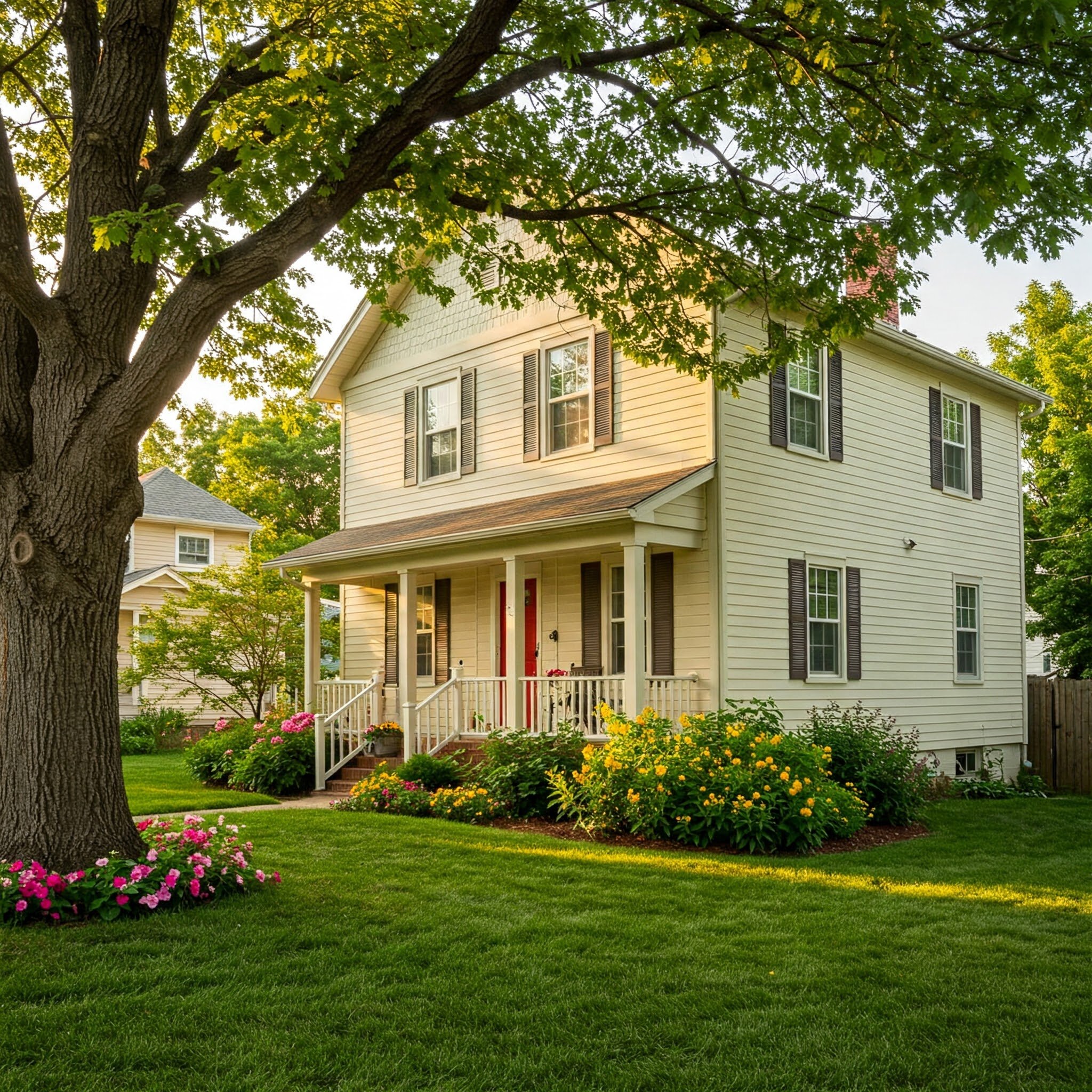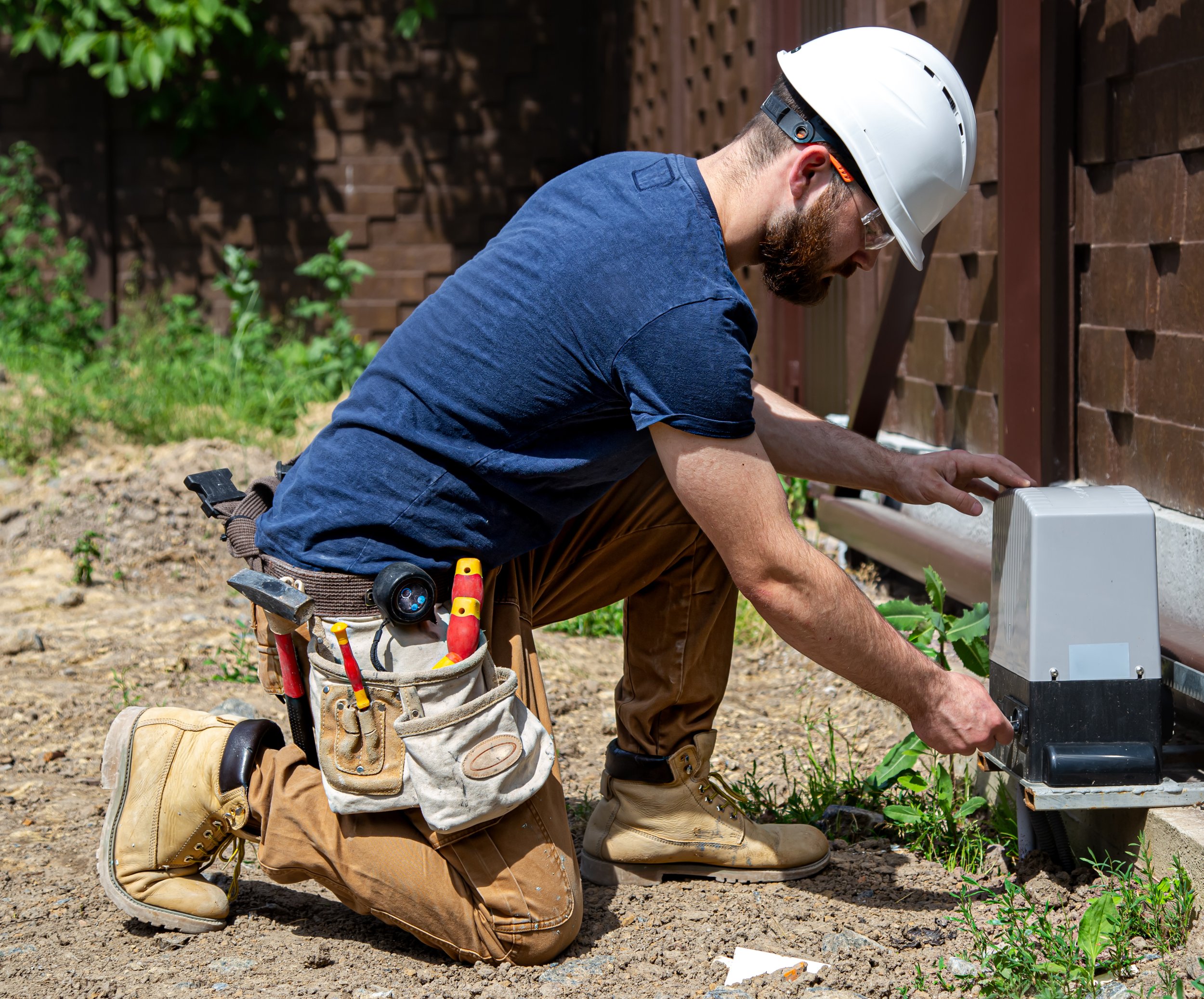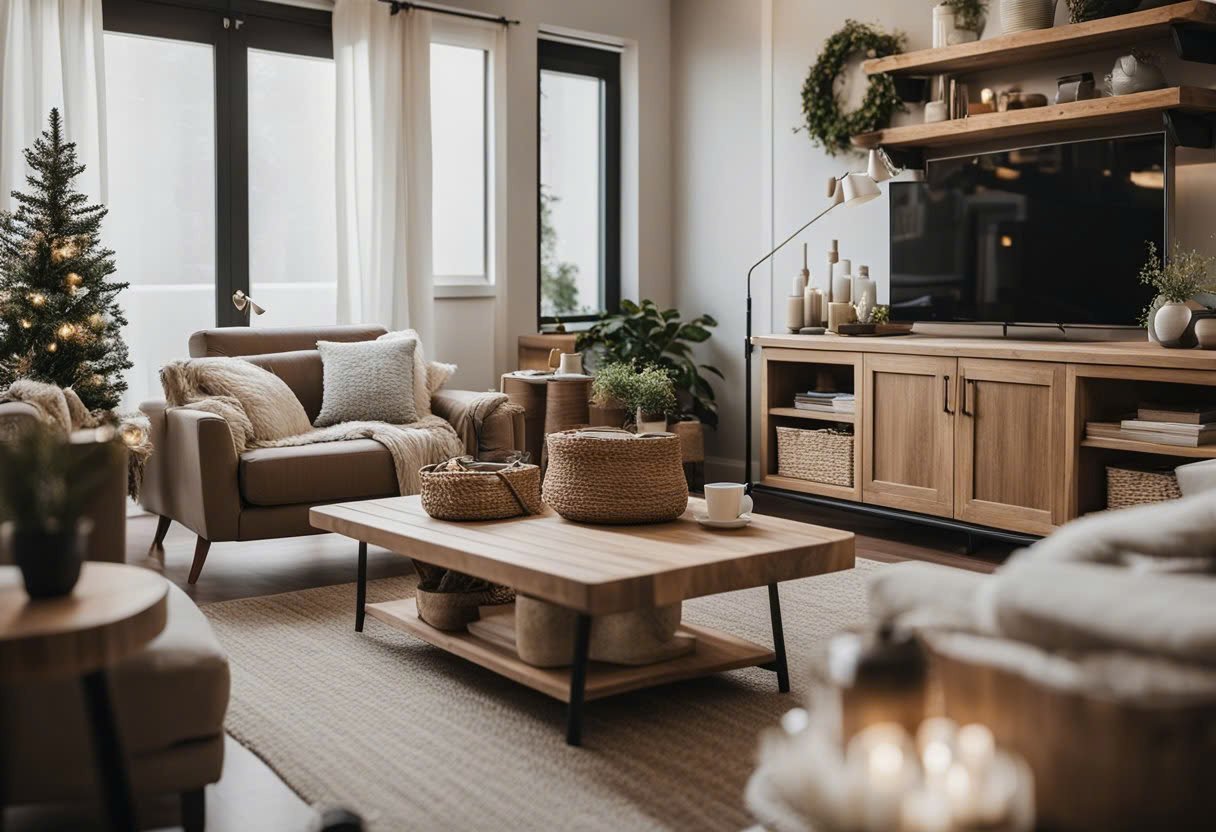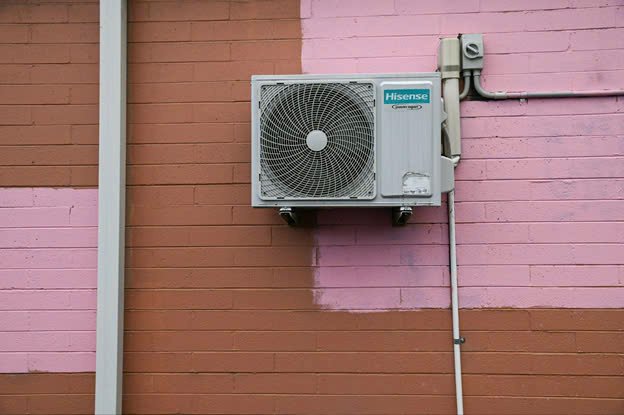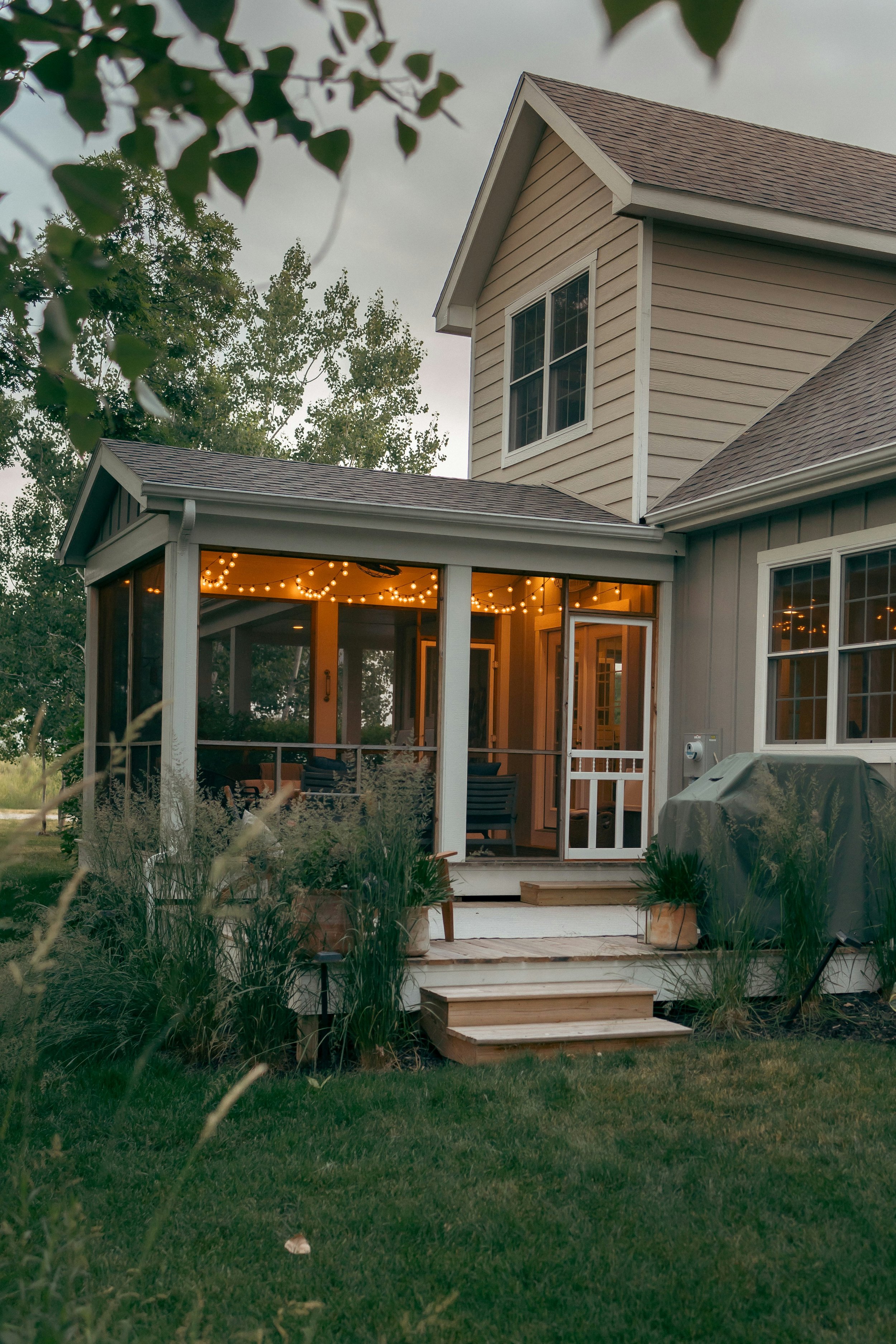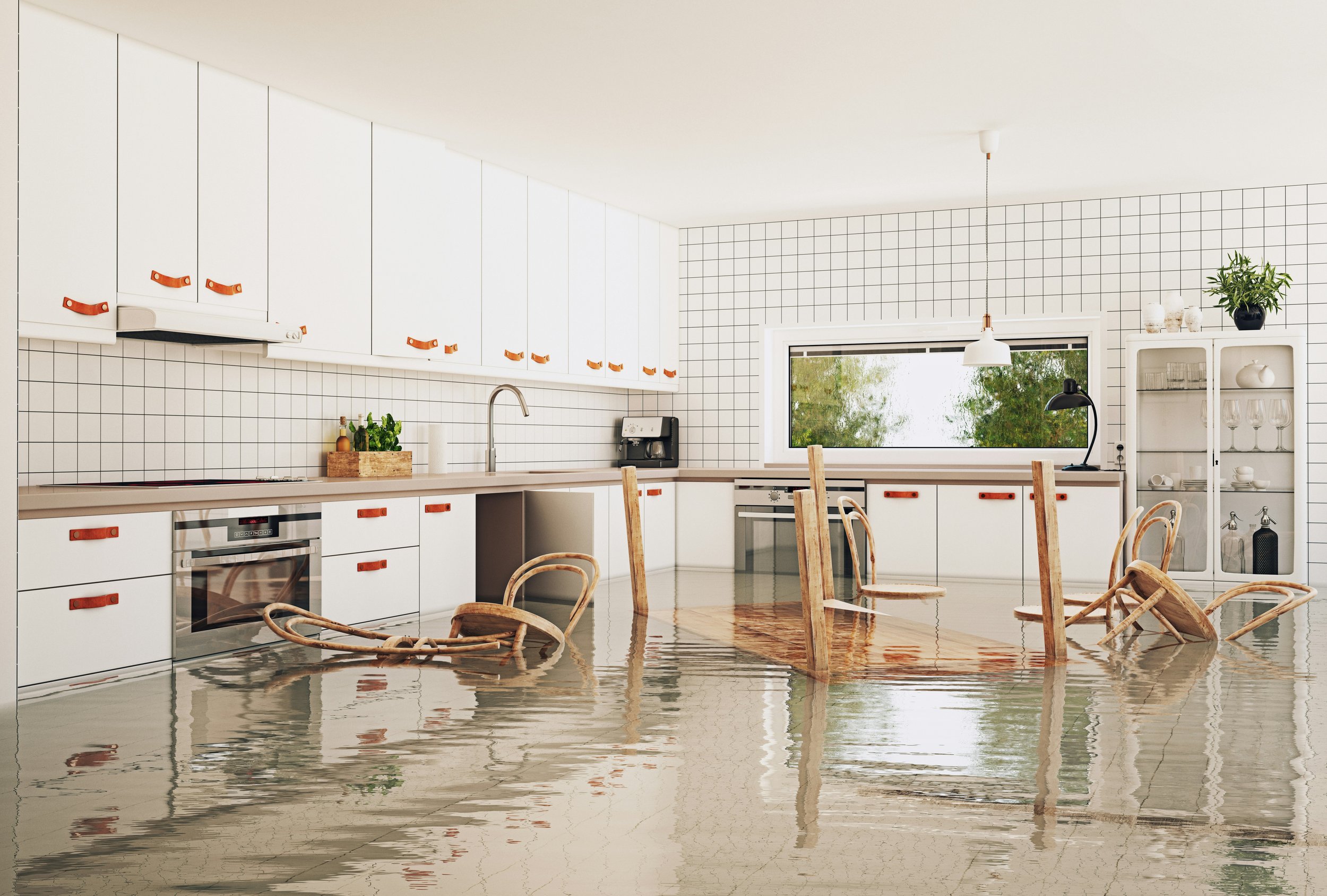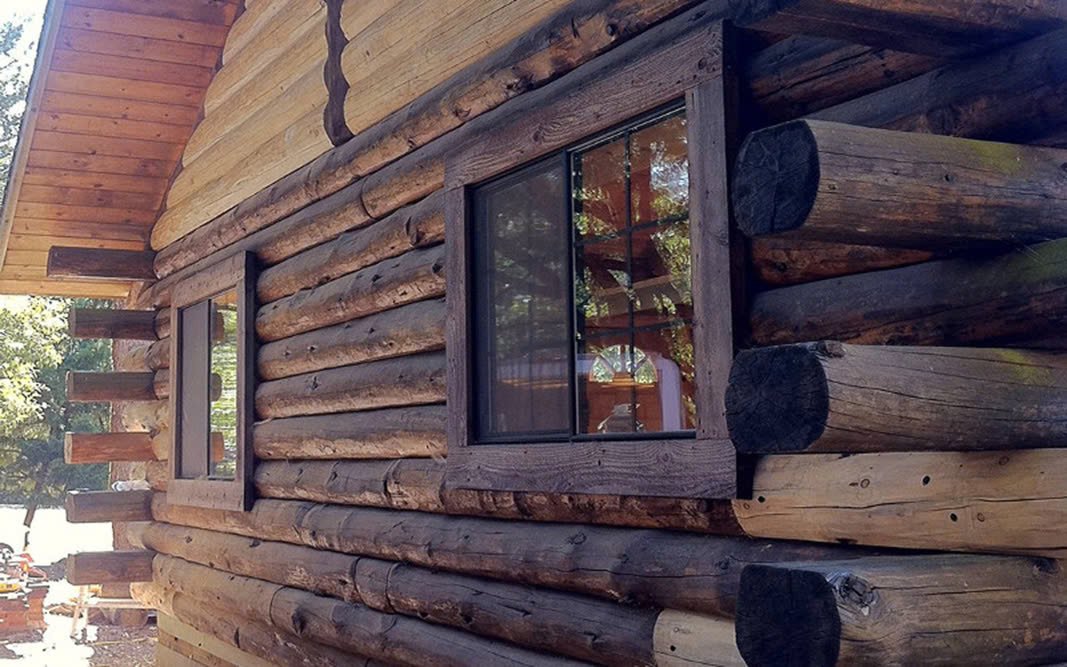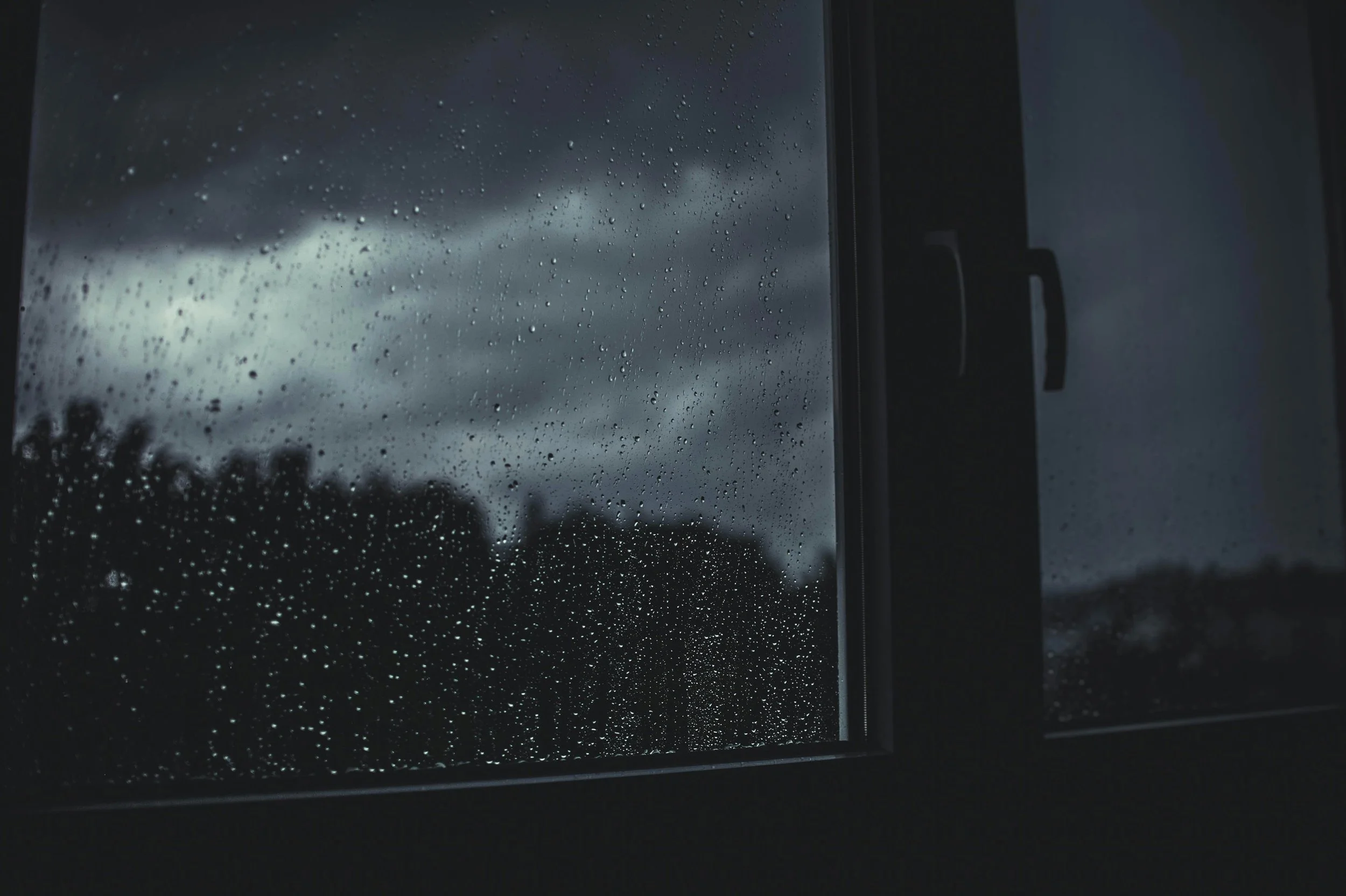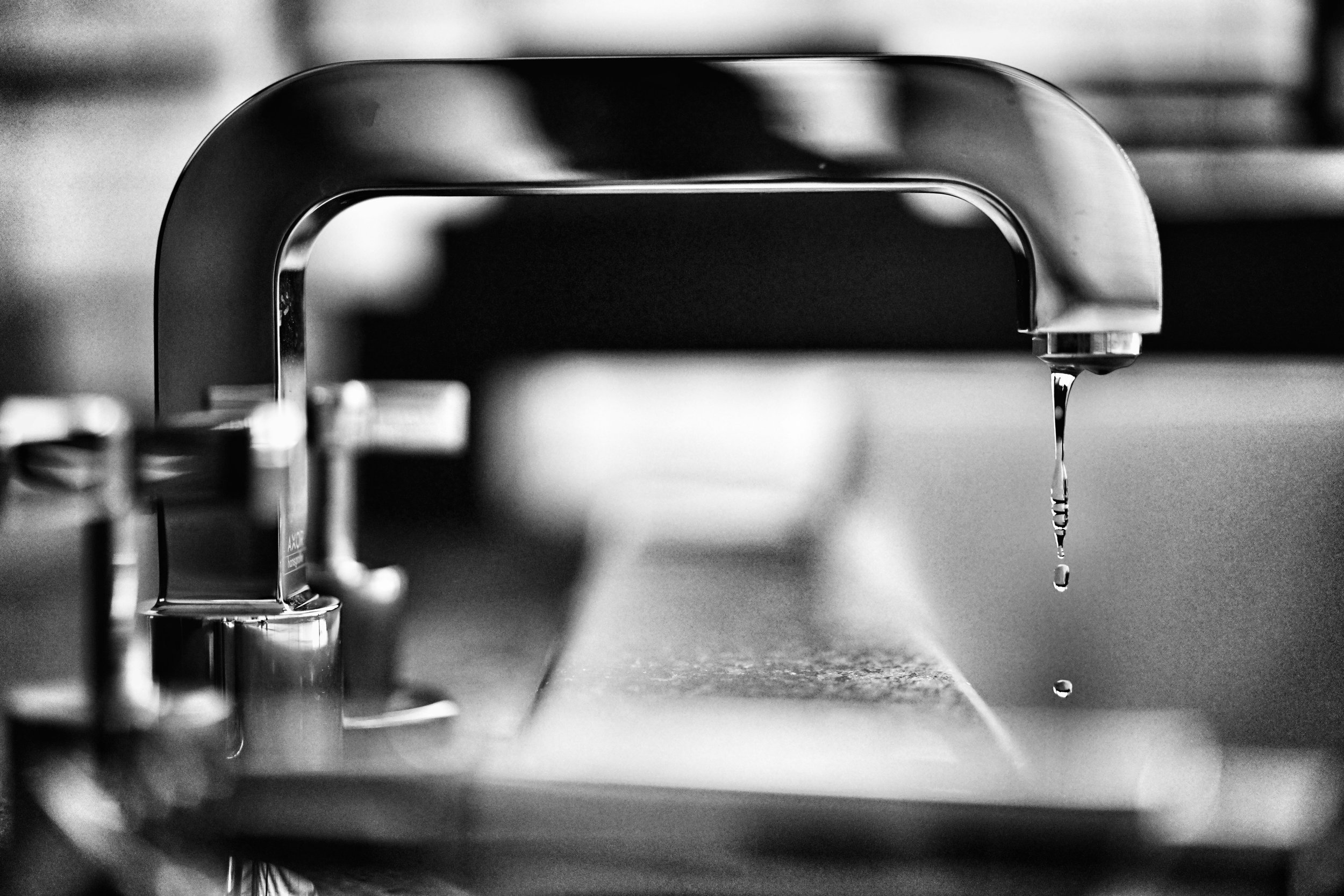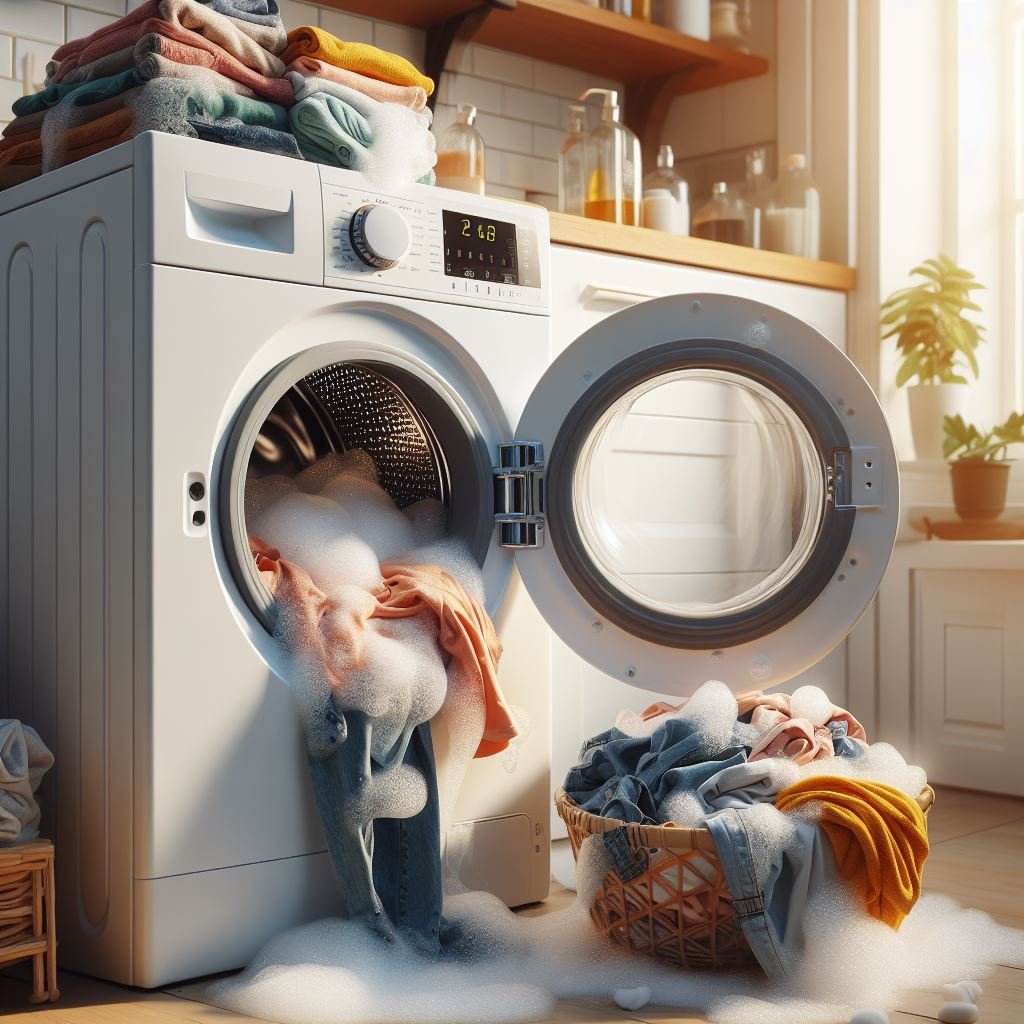Tips for Maintaining Property Value with Regular Inspections
Protect your property’s value with regular inspections—learn essential tips to identify issues early and maintain long-term investment potential.
Regular property inspections are a vital aspect of homeownership that often gets overlooked. However, they play a crucial role in maintaining the value of your property and ensuring it remains a sound investment. Whether you’re preparing to sell, looking to prevent costly repairs, or simply want to keep your home in top condition, a proactive approach to inspections can make all the difference. By routinely evaluating your property, you can catch potential problems early, enhance curb appeal, and provide peace of mind.
Establish a Routine Inspection Schedule
Aim for seasonal checks - once each season - to assess both the interior and exterior of your home. For example, inspect the roof and gutters in the fall to prepare for winter, and check the plumbing and HVAC systems in spring. To inspect the roof and gutters, a Savannah Georgia local roofer, can provide a comprehensive assessment, identify potential issues, and recommend necessary repairs to ensure your home remains in top condition. This routine helps you stay ahead of potential issues and allows for timely repairs before they escalate.
Inspect the Roof and Gutters
The roof is one of your home's most critical components, so make it a priority during your inspections. Look for signs of wear, missing shingles, or leaks. Clean the gutters regularly to prevent water damage and keep them free of debris. Clogged gutters can lead to overflowing water, which can damage your foundation and landscaping, ultimately affecting your property's value.
Check for Water Damage
Water damage can wreak havoc on your property if left unchecked. During inspections, pay close attention to areas prone to moisture, such as basements, bathrooms, and kitchens. Look for mold, mildew, or peeling paint, which are indicators of water issues. If you find any signs of water damage, address them immediately to prevent further deterioration and costly repairs.
Basements and Crawl Spaces: These areas are often the most vulnerable to water intrusion. Check for dampness on walls and floors, as well as any signs of mold growth. If you notice musty odors or excessive humidity, consider investing in a dehumidifier or sump pump to help control moisture levels. Sealing cracks in the foundation can also prevent water from entering, protecting your home from potential flooding.
Roof and Attic Spaces: Inspect the roof for missing or damaged shingles, which can lead to leaks. Look for water stains on the ceiling or walls of your attic, indicating that moisture is seeping in. If you find any issues, prioritize repairs to avoid extensive damage to the interior structure. Additionally, ensure proper ventilation in the attic to reduce humidity levels, which can prevent mold growth and prolong the life of your roof.
Plumbing Fixtures and Pipes: Regularly inspect under sinks, around toilets, and behind appliances for any signs of leaks. Even small drips can lead to significant water damage over time if not addressed. Pay attention to the water pressure - sudden changes may indicate a problem in the plumbing system. If you find leaks, replace worn-out seals, and consider hiring a plumber for more extensive issues, as timely repairs can prevent costly damage to walls and floors.
Exterior Areas: Don't forget to check the exterior of your home for water damage. Look for signs of rot on wooden decks, fences, or siding, as well as any water pooling around the foundation. Ensure that gutters and downspouts direct water away from the house to prevent erosion and flooding. Taking preventive measures, such as installing a French drain, can help redirect water away from vulnerable areas and protect your property from water damage.
Evaluate Your Landscaping
Your property's curb appeal significantly impacts its value. Regularly inspect your landscaping to ensure it’s well-maintained. Trim overgrown shrubs, remove weeds, and keep the lawn mowed and healthy. Consider seasonal planting to enhance the aesthetic appeal of your property. A well-kept yard can make a significant difference when it comes time to sell.
Review Safety Features
Safety features are crucial for protecting your home and maintaining its value. Regularly inspect smoke detectors, carbon monoxide detectors, and fire extinguishers to ensure they are functional. Replace batteries as needed and check expiration dates. An investment in safety features not only protects your family but also enhances your home’s value and appeal to potential buyers.
Document Your Findings
Keeping detailed records of your inspections can be invaluable. Take notes on any issues you discover and the steps taken to address them. This documentation can help you track the property's condition over time and provide potential buyers with a clear picture of how well you’ve maintained your home. It adds credibility and can justify your asking price when you decide to sell.
Maintaining property value through regular inspections is a proactive approach that pays off in the long run. By establishing a routine schedule, inspecting key areas, and documenting your findings, you can protect your investment and ensure your home remains a valuable asset. Prioritizing these inspections helps you address issues before they escalate, preserving the beauty and functionality of your property for years to come.
Stay up to date with our latest ideas!
Exclusive deals just for our readers! Click below to unlock special offers and elevate your shopping experience!



